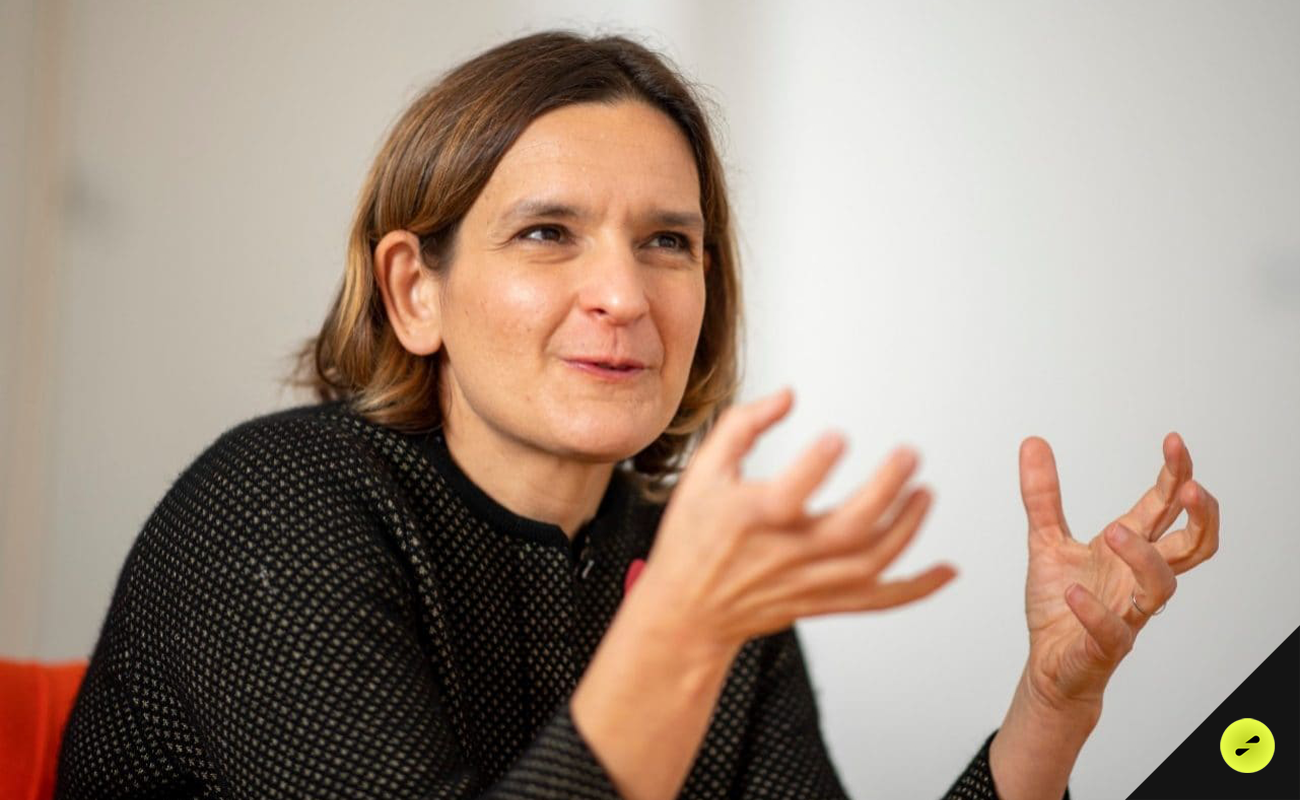In this comprehensive article, zatrun.com has thoroughly examined Esther Duflo Banerjee, FBA, a distinguished French-American economist and professor of Poverty Alleviation and Development Economics at the Massachusetts Institute of Technology (MIT). Co-founding the Abdul Latif Jameel Poverty Action Lab (J-PAL) in 2003, she has firmly established herself as a prominent figure in the field. Her groundbreaking experimental approach to addressing global poverty earned her the prestigious Nobel Memorial Prize in Economic Sciences in 2019. Now, let’s explore her early life, education, and influential career in detail.
Career and Contributions
Born in Paris in 1972, Esther Duflo Banerjee grew up in an intellectually stimulating environment. Her mother, a pediatrician, actively participated in medical humanitarian projects, shaping Duflo’s compassionate outlook from an early age.
After studying history in her undergraduate program at École normale supérieure in Paris, Esther Duflo embarked on a transformative journey during her time in Moscow. There, she discovered the power of economics to effect positive change and satisfy her academic ambitions while making a difference in the world. This realization laid the foundation for her future career path.
After completing her doctoral studies at MIT in 1999, Esther Duflo joined the faculty as an assistant professor, rapidly rising through the ranks and becoming a full professor in 2003. Alongside Abhijit Banerjee, she developed a special interest in India and conducted pioneering research on various socio-economic issues in the country. In 2003, she initiated a trial experiment to address teacher absenteeism, successfully reducing it by encouraging teachers to document their presence through daily photographs with students.
Duflo’s most significant contribution came with the co-founding of the Poverty Action Lab at MIT, which has conducted over 200 empirical development experiments and trained practitioners in randomized controlled trials. Her research encompasses a wide range of microeconomic issues in developing countries, including household behavior, education, finance accessibility, healthcare, and policy evaluation. Through her collaboration with esteemed economists like Banerjee, Karlan, Kremer, List, and Mullainathan, she has championed field experiments as a vital methodology for establishing causal relationships in economics.
In addition to her research, Esther Duflo has authored influential books such as “Poor Economics” and “Good Economics for Hard Times.” These works offer fresh insights into poverty and provide evidence-based solutions to tackle complex global challenges. Her contributions have earned her international recognition and made her one of the most frequently cited authors in economics courses.

Personal Life and Future Endeavors
Esther Duflo Banerjee’s publications have garnered widespread acclaim, with many appearing in top-tier economic journals. Her influential research has received over 6,200 citations in 2017 alone. Moreover, her exceptional achievements were acknowledged with the prestigious Sveriges Riksbank Prize in Economic Sciences in Memory of Alfred Nobel in 2019. She shared this honor with Abhijit Banerjee and Michael Kremer for their experimental approach to alleviating global poverty. Duflo’s innovative use of randomized controlled trials has revolutionized the field of development economics.
Duflo is married to Abhijit Banerjee, her MIT colleague and joint supervisor during her doctoral studies. They have two children together. Inspired by her Nobel Prize win, Duflo aims to leverage her influence as a “megaphone” to amplify efforts in poverty eradication and education improvement. Her commitment to evidence-based policymaking and dedication to empowering marginalized communities continue to shape her future endeavors.
Esther Duflo Banerjee’s remarkable journey as an economist, academic, and advocate for poverty alleviation has left an indelible mark on the field of economics. Through her rigorous research, innovative methodologies, and commitment to social impact, she has paved the way for evidence-based approaches to combat global poverty. Her invaluable contributions inspire future generations to pursue economic research and strive for a more equitable world.












